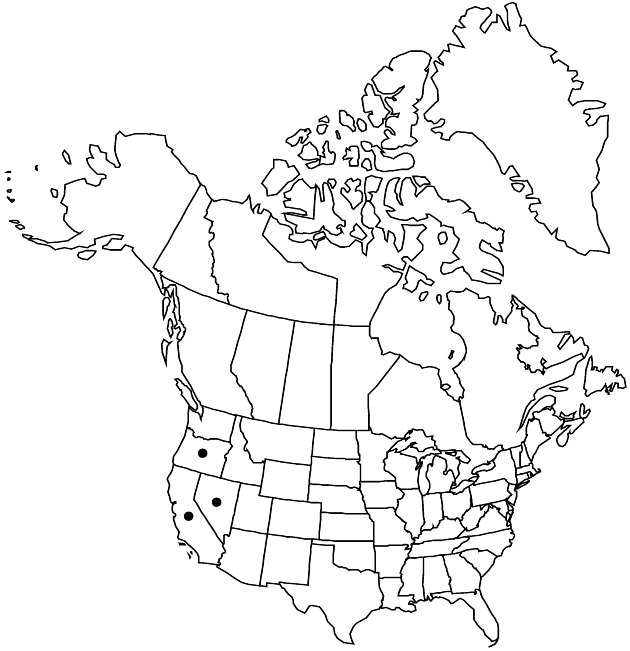Difference between revisions of "Raillardella scaposa"
in W. H. Brewer et al., Bot. California 1: 417. 1876.
FNA>Volume Importer |
FNA>Volume Importer |
||
| Line 52: | Line 52: | ||
|publication year=1876 | |publication year=1876 | ||
|special status= | |special status= | ||
| − | |source xml=https://jpend@bitbucket.org/aafc-mbb/fna-data-curation.git/src/ | + | |source xml=https://jpend@bitbucket.org/aafc-mbb/fna-data-curation.git/src/f50eec43f223ca0e34566be0b046453a0960e173/coarse_grained_fna_xml/V19-20-21/V21_634.xml |
|tribe=Asteraceae tribe Heliantheae | |tribe=Asteraceae tribe Heliantheae | ||
|subtribe=Asteraceae (tribe Heliantheae) subtribe Madiinae | |subtribe=Asteraceae (tribe Heliantheae) subtribe Madiinae | ||
Revision as of 21:39, 16 December 2019
Plants 6–53 cm. Leaf blades lanceolate or oblanceolate to linear, margins entire, faces stipitate-glandular, sometimes sparsely scabrellous as well. Ray florets 0 or 1–7; corollas yellow to yellow-orange, laminae 5–25+ mm. Disc florets 7–44; corollas yellow to yellow-orange, 7.5–12 mm. 2n = 68, 70.
Phenology: Flowering Jun–Sep.
Habitat: Wet to dry, often sandy sites
Elevation: 2000–3500 m
Distribution

Calif., Nev., Oreg.
Discussion
Variation among populations of Raillardella scaposa spans the morphologic and ecologic divide between R. argentea and R. pringlei; R. scaposa is evidently an allopolyploid that descended from ancestors closely related to each of the other two species. Raillardella scaposa is widely distributed in the Sierra Nevada and southern Cascade Range, often near populations of R. argentea. Putative hybrids between R. scaposa and R. argentea have been noted (e.g., R. Snow 293, UC, from Tuolumne County, California).
Selected References
None.